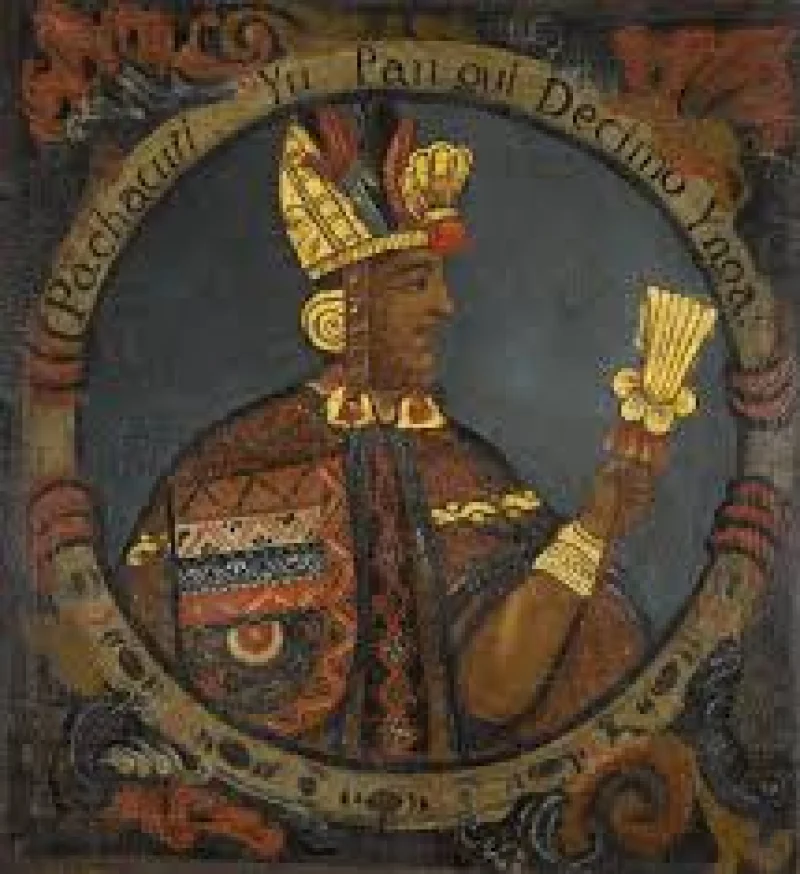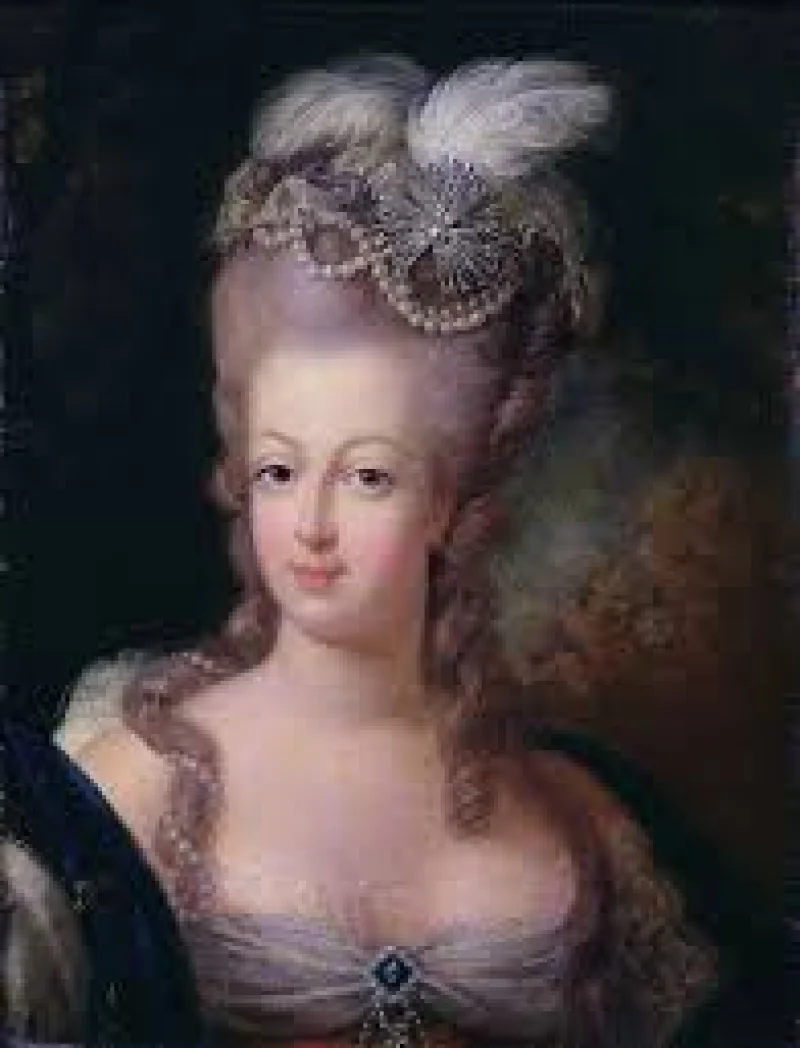Short Summary
Pachacuti was the ninth Sapa Inca of the Kingdom of Cusco, which later expanded into the Inca Empire. His reign, from 1438 to 1471, marked a significant period of territorial expansion and consolidation of power. He is renowned for transforming the Inca state from a modest city-state into the largest empire in pre-Columbian America. He is credited with founding the city of Machu Picchu and developing the administrative and political structures that enabled the Inca Empire to thrive.
Early Life & Education
Pachacuti was born around 1418 into the royal family of the Kingdom of Cusco, likely as the son of Viracocha Inca, the eighth ruler. His birth name was Cusi Yupanqui, and he grew up in a time when the Kingdom of Cusco was a small, regional power. From an early age, he was exposed to the political intricacies of ruling, as well as the military strategies required to defend and expand the kingdom's territories. His education would have been focused on leadership, military tactics, and the religious traditions of the Inca people, preparing him for the responsibilities of governance and expansion.
Career Highlights
Pachacuti's career as a ruler began with his rise to power during a pivotal moment when Cusco was threatened by the Chanca people. Demonstrating astute military acumen, he successfully defended his city and ascended to the throne, taking the name Pachacuti, meaning "Earthshaker." He not only strengthened Cusco's defenses but also embarked on a series of successful military campaigns that expanded the Inca territory significantly. His reign saw the establishment of the Tawantinsuyu, the four regions of the empire, and the implementation of administrative reforms that centralized power and integrated diverse cultures into a cohesive empire.
Major Achievements
- Established Machu Picchu as a significant cultural and religious site.
- Expanded the Inca Empire to include parts of modern-day Peru, Ecuador, Bolivia, and Chile.
- Implemented administrative reforms to unify and manage the vast empire efficiently.
- Developed infrastructure, including roads and agricultural terraces, to support the empire's growth.
- Promoted the Incan religion and culture, which helped unify the diverse peoples within the empire.
Famous Quotes
- "Earth is the mother of all people, and all people should have equal rights upon it."
- "We shall follow the sun, the moon, and the stars, and they will guide us to greatness."
Interesting Facts
- Pachacuti's name means "He who overturns space and time."
- He is credited with designing the city plan of Cusco to resemble a puma, a sacred animal in Incan culture.
- Pachacuti's administration introduced the quipu, a system of knotted strings, for record-keeping and communication.
- He was a patron of the arts and initiated the construction of many of the empire's most impressive architectural feats.
- His son, Tupac Inca Yupanqui, continued his legacy of expansion and development.
Legacy / Influence
Pachacuti's legacy is profound, as he transformed the Inca state into a powerful and sophisticated empire that at its height was the largest in pre-Columbian America. His reforms in governance, infrastructure, and culture laid the groundwork for the empire's prosperity long after his death. Modern historians and archaeologists consider him one of the most significant figures in pre-Columbian history, and his achievements remain a source of national pride in Peru today.
FAQ
Q: Why is Pachacuti famous?
A: He is famous for transforming the Inca state into a vast empire and for his architectural and administrative achievements.
Q: What did Pachacuti build?
A: He is credited with building Machu Picchu and the city plan of Cusco, among other architectural projects.
Q: How did Pachacuti expand the Inca Empire?
A: Through military conquest and strategic alliances, he significantly expanded the territory under Inca control.
Q: What was Pachacuti's real name?
A: His birth name was Cusi Yupanqui before he took the name Pachacuti upon becoming the ruler.









